Social media is a term used to describe a variety of online platforms and tools that allow individuals and organizations to communicate, share information, and connect with others. These platforms and tools include social networking sites, blogs, forums, wikis, podcasts, and video-sharing sites, among others.
Social media has become an integral part of our daily lives, with billions of people around the world using these platforms to connect with others, share information, and consume content. Social media has had a profound impact on the way we communicate, interact, and consume information, and it has changed the way we connect with others and the way we do business.
The first social media platform, Six Degrees, was launched in 1997. It allowed users to upload a profile and connect with others. However, it was not until the launch of Myspace in 2003 and Facebook in 2004 that social media began to gain mainstream traction. These platforms allowed users to connect with friends and family, share information, and consume content in a way that was not possible before.
Over the years, social media has evolved and expanded, with new platforms and features being introduced all the time. Today, social media platforms are no longer just used for connecting with friends and family, they are also used for marketing, networking, and building communities.
One of the biggest advantages of social media is the ability to connect with others. Social media platforms allow people to connect with friends and family, as well as with people they may not have met in person. This has opened up new opportunities for communication and has made it easier for people to stay in touch with loved ones who live far away.
Another advantage of social media is the ability to share information. Social media platforms allow users to share a wide variety of content, including text, images, videos, and more. This has made it easier for people to share information and ideas, and it has helped to create a more informed and connected society.
Social media has also had a significant impact on the way we consume information. Social media platforms are a major source of news and information for many people, and they have changed the way we consume and interact with media. Social media has also made it easier for individuals and organizations to produce and distribute content, which has led to the rise of citizen journalism and independent media.
Social media has also had a major impact on the way we do business. Social media platforms have made it easier for businesses to connect with customers, share information, and promote their products and services. Social media has also made it easier for businesses to gather customer feedback and to monitor their online reputation.
Despite the many advantages of social media, there are also some drawbacks to consider. Social media can be addictive, and it can take up a lot of time and energy. Social media can also be a source of misinformation, and it can be used to spread fake news and propaganda. Social media can also be a breeding ground for cyberbullying, harassment, and hate speech.
In conclusion, social media has had a profound impact on the way we communicate, interact, and consume information. Social media has changed the way we connect with others and the way we do business. Social media has many advantages, but it also has some drawbacks. It is important for individuals and organizations to be aware of these drawbacks and to use social media responsibly.
















